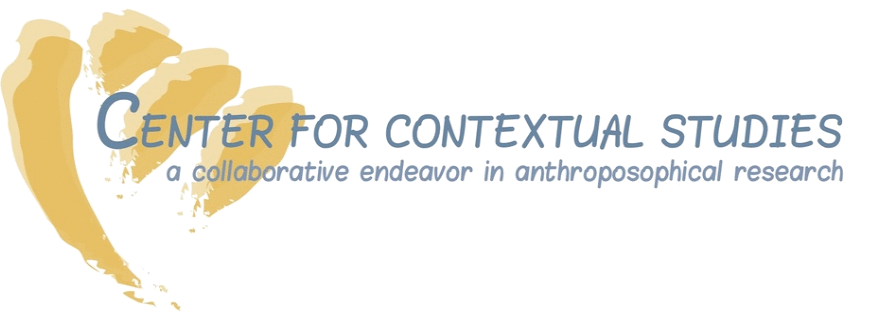Engaged Community provides anyone involved in Waldorf education with the appropriate tools and language to take the hard work of dialog and conversation to a higher level.
Based on many years working in Anthroposophy and in Waldorf schools, and drawing extensively on Rudolf Steiner’s words, Jon McAlice’s radical, thought-provoking book opens the field for a new vision of the collaborative possibilities available in schools that are established and sustained by parents and teachers for the sake of students.
Seeking to shift the conversation concerning school governance from a structural to a dynamic approach, McAlice emphasizes learning as a multileveled process of becoming. As he puts it, “a school is a working community dedicated to the art of becoming”—a community in which students and adults participate in the difficult task of creating a free, self-governing ecology of learning. For this, the adults must learn to trust one another and develop confidence in collegiality. Understanding the guidance of their common task, they must find the humility and honesty to listen without judgment and to speak with authenticity. To create a context in which “children can practice the art of self-education,” educators must themselves become examples of self-governing, creative, responsible human beings, committed to learning and self-development through encounters in which content and process merge in an experience of absolute freedom. Thus something new becomes possible.
McAlice shows how such an ideal can become a reality when parents, teachers, and students all work and learn together for the common goal of becoming more fully human within a dynamic, engaged, participatory learning community.
"This is not a book with a recipe for governance in Waldorf schools. Jon McAlice has written a book about the "challenges" of governance in Waldorf schools in the context of the "mission" of Waldorf education. His book is a meditation on this relationship, and urges us to embrace the challenge free from our preconceived notions of how Waldorf schools "should" be run: to look at what is needed now, in our current situations, in our individual schools. At the same time, he shines a light on the manifold opportunities for growth, change, and development that are possible when we embrace this challenge." —Kevin Hughes, Waldorf teacher (26 years at Kimberton Waldorf School—as a class teacher, art teacher, and now member of the “governing team”)
Street Address
City, State, Zip
Phone Number
Your Custom Text Here

